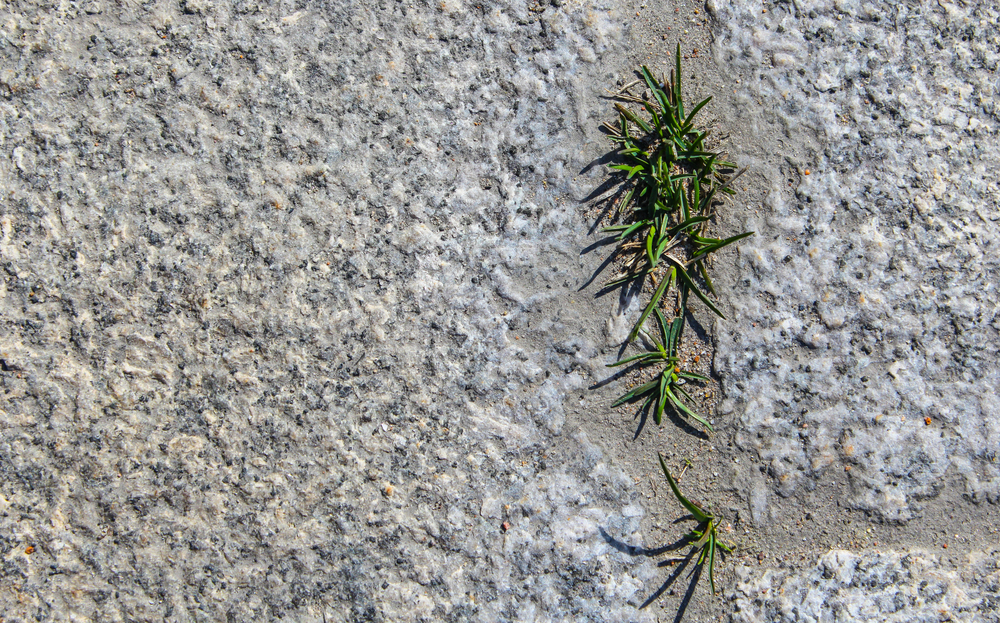
It is a truism that the whole is greater than the sum of the parts. If you are talking about the parts of a bicycle, for example, then yes, it is clearly true. But what about in human lives, can something incomplete or broken be greater than something whole?
As David Rhodes comments in Faith in Dark Places, think about Fountains Abbey. It is a ruin, but perhaps it has a more powerful effect on visitors today than if it were complete. Its emptiness and brokenness is significant, it awakens people’s minds to the infinite. Thousands of people come and find its beauty haunting and inspiring.
This understanding of a ‘sacrament of failure’ can be seen in the work of hospices where hope is a beacon to those within and those who visit. Can it also work in the inner city of Leeds where people live difficult lives facing poverty? Here are some reflections from a prayer walk around Harehills.
The evening before the prayer walk, I watched a disturbing yet challenging report by Jon Snow (Channel 4 journalist) on the situation in Gaza. Here’s the video if you wish to see it, approx. 3-4mins long: Jon Snow’s return from Gaza, Palestine July 2014
[youtube https://www.youtube.com/watch?v=mR1LGoNg5p4]
Images of the desperate plight of these precious Palestinian children consumed my thoughts as I set out. On entering Potternewton Park, I was simply struck by seeing from a distance the diversity of children playing in the “play park” area – from many nations, cultures and languages. Turning to David Rhodes’ insights into the “sacrament of failure” I was struck by how many of these children had been ‘failed’ by life – whether by their community, government or even family – fleeing their homelands with a parent or carer from situations that are just alien to my closeted life experience.
Further along, I sat down on a bench on Shepherd’s Lane. Still trying to make some clumsy sense of it all, my eyes fell upon two older people both ambling along with walking sticks – in different directions – and unsurprisingly for Harehills from different cultures. What came to mind was their simple perseverance to keep going, moving forward, of course somewhat slower than normal. Yet they were carrying their wound, signified by their walking stick.
What is the walking stick of the girl who’s unwittingly had to settle in a strange and unfamiliar territory like Harehills? Can she find healing, wholeness and happiness here in the midst of chaotic memories and sometimes lifestyles too? Dear God I hope so. Whatever her journey forward she carries her walking stick, her ‘wound’, her’ failure’ (mostly caused/inflicted by others) for life. What and how will she choose to allow this walking stick to shape her character and influence her life decisions?
I used that word ‘hope’ – packed with meaning, brimming with expectation. I walked around Bankside Primary School. Bankside is, to coin a phrase, a beacon of hope for her, the precious girl with her walking stick. With an exceptional staff team serving 700 primary school children, encouraging at every turn that they do their “Bankside Best” and yes she, even she hobbling with her walking stick, has a voice, to be “loud and proud”, and despite her past to “make problems smaller” today.
I’m still pondering Rhodes’ phrase the “sacrament of failure”, but if my own limited experience of tragedy facing children in Mozambique, then within that phrase for me God provides ‘hope’ in so many different ways – and ‘today’ it was a reminder that the girl with the walking stick is blessed to be a part of a community of hope.

